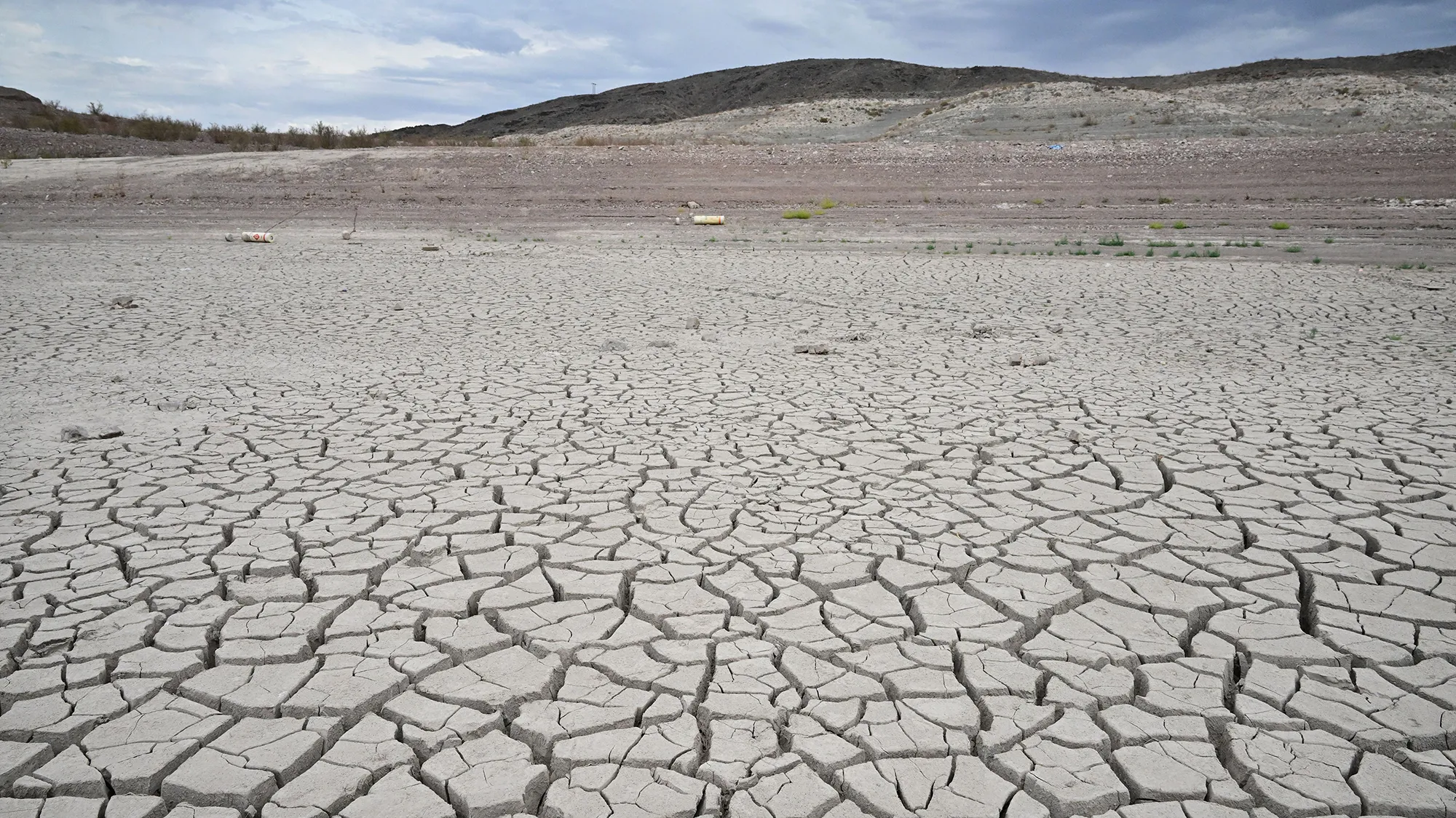Given the escalating challenges, weather agencies worldwide are increasingly prioritizing AI integration into their methodologies. This approach offers the potential to reduce costs and accelerate forecasting processes. Notably, Britain’s Met Office has underscored the transformative impact of AI in weather forecasting, citing a recent Google-funded model that surpassed conventional methods, signifying the promising advancements AI could bring to the field.
Precise weather forecasting holds immense significance in India, a nation with a population of 1.4 billion, a substantial portion of whom are economically disadvantaged. Additionally, being the world’s second-largest producer of essential crops like rice, wheat, and sugar, accurate weather predictions are pivotal for agricultural planning and food security.
Employing mathematical models computed via supercomputers, the India Meteorological Department (IMD) currently delivers forecasts. By integrating AI into an expanded observation network, there is a potential for generating superior forecast data at a reduced operational cost, presenting a transformative opportunity in weather prediction methodologies.
K.S. Hosalikar, the head of climate research and services at IMD, expressed optimism about the forthcoming AI-based climate models and advisories. He anticipates that these technological advancements will substantially contribute to the enhancement of forecasts, demonstrating the department’s commitment to leveraging innovative solutions for improved weather predictions.
The weather office has used AI to generate public alerts regarding heatwaves and such diseases as malaria, Hosalikar said. It plans to increase weather observatories, providing data down to village level, potentially offering higher-resolution data for forecasts, he said.
The government said on Thursday it wants to generate weather and climate forecasts by incorporating AI into traditional models, and has set up a centre to test the idea through workshops and conferences.
“An AI model doesn’t require the high cost involved in running a supercomputer – you can even run it out of a good quality desktop,” said Saurabh Rathore, an assistant professor at Indian Institute of Technology-Delhi.
Experts emphasize the critical necessity for enhanced data quality to maximize the potential of AI in weather forecasting.
Parthasarathi Mukhopadhyay, a climate scientist at the Indian Institute of Tropical Meteorology, highlighted the indispensable nature of high-resolution data concerning spatial and temporal dimensions. According to Mukhopadhyay, the success of AI models in amplifying existing forecasts in specific locations hinges upon the availability of such detailed and accurate data. This emphasis underscores the vital role of comprehensive and precise data collection for the effective application of AI in advancing weather prediction capabilities.
















